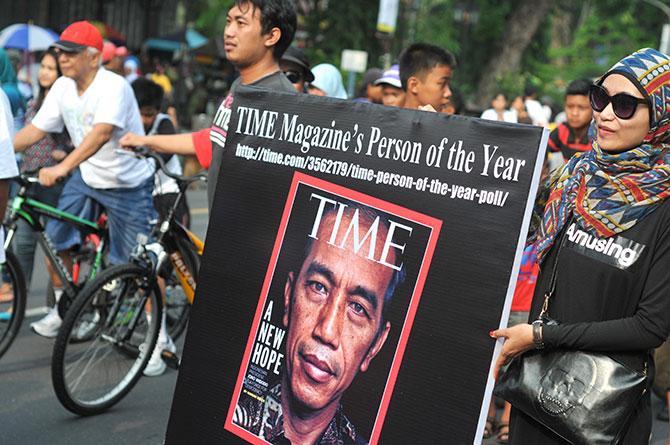
With the successful 2014 legislative and presidential elections well in the rearview mirror, Indonesia’s new government can now tackle issues of governance, a key one being effective and efficient policy coordination and consultation.
Effective interministerial policy coordination and policy consultation (PCC) can help eliminate policy programs that duplicate actions and regulations. PCC is a necessary element to deal with cross-cutting issues of policy-making in developing countries including Indonesia. Deficient policy coordination and policy consultation decreases a country’s ability to ensure the sustained development of its economy and society, and can handicap its success in reaching beneficial agreements through bilateral and multilateral negotiations.
The world faces new challenges: climate change, migration, financial instability, refugees, conflict and war, unemployment and diminishing job prospects for young people. There needs to be a fast, concerted and competent response to these multiple challenges, which are interconnected and require global and local solutions. In other words, they require effective and efficient policy coordination and consultation from a multidisciplinary perspective.
Increasing economic competitiveness, for example, can only be achieved through better policy coordination and strengthened value chain integration. Since different elements of the supply and value chain are linked to different government ministries, the mechanism and practice of interministerial policy coordination becomes crucial to ensure successful policy implementation. Without successful interministerial policy coordination, ministries will not harmonize their policies and a comprehensive value chain approach cannot be implemented.
Of equal importance are effective policy consultations with non-state stakeholders that have either offensive or defensive interests in a specific sector. For example, trade policy affects stakeholders that are active in a specific sector (e.g., enterprises, professional associations, educational institutions) as well as stakeholders representing social sector organizations such as labor unions or nongovernmental organizations. These non-state actors have offensive and defensive interests, seeing themselves as winners or losers of a new policy that might aim at the structural adjustment of an economic sector. A government has to find the right measures to consult, involve, inform and negotiate with these non-state actors as it goes through the phases of policy-making such as policy initiation, policy formulation, policy implementation and policy evaluation and monitoring.
- Meeting the hype: Will Indonesia be the next digital powerhouse?
- Political party financing in Indonesia is a recipe for corruption
- Promoting public health: Can fiscal policy play a role?
- Asean's sustainable future? Science and technology
- Spying, refugees and executions: Inside the Indonesian and Australian media







 resized.png)
